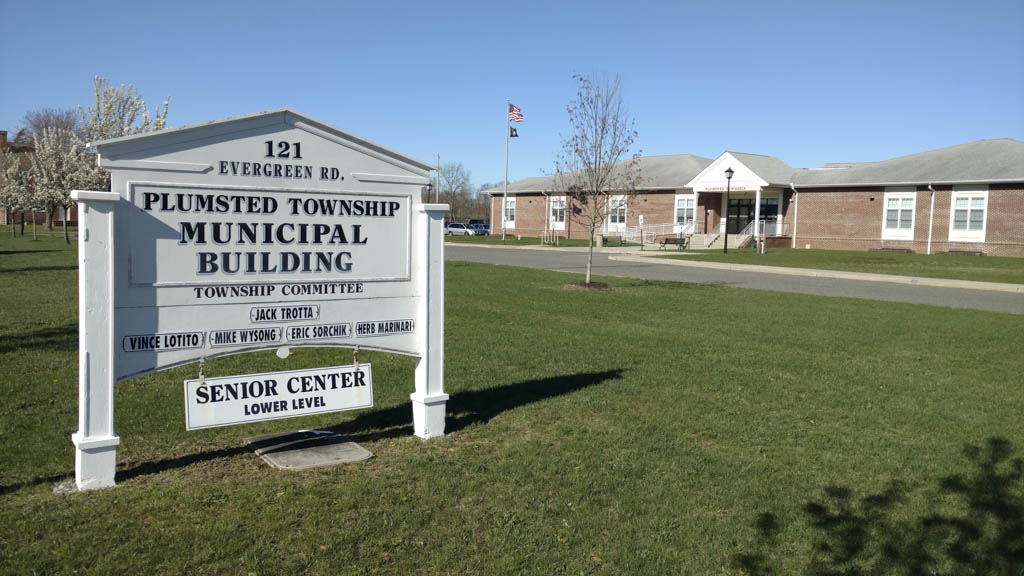By Michael Benavides
Staff Writer
PLUMSTED – The Township Committee has reached a settlement with PBA Local 390 regarding the accrual of compensatory time by a former member of the Plumsted Township Police Department.
According to the settlement agreement, “An unfair labor practice claim was filed by PBA Local 390 against the township regarding the accrual of compensatory time; whereas the Public Employment Relations Commission (PERC) … has held multiple exploratory and settlement conferences with representatives of the parties; and whereas, the PBA and township have engaged in settlement discussions during which former township employee Vincent Doell was present and participated …”
The settlement agreement states that “Doell has provided a log of 58.25 compensatory hours above that which the township’s records demonstrate having been earned. Without acknowledging, conceding, and/or agreeing to these hours, the township shall include these hours within the total compensatory time hours for a total of 267.5 hours.”
Mayor Jack Trotta said Doell was hired on Nov. 21, 2006 and resigned on Feb. 2, 2016. He served as a patrolman in the police department.
The agreement specifies that Doell will be compensated for all 267.5 hours at his 2016 hourly pay rate.
“As such, the township shall pay Doell the total sum of $8,271.10 in full and complete satisfaction of any and all outstanding claims,” according to the agreement.
The settlement was agreed to on Dec. 15 and was signed by Trotta, Doell and PBA President Ryan Nani.
In other business, the committee passed a resolution authorizing the renewal of a shared services agreement with Allentown to provide municipal court services for 2017.
Deputy Mayor Eric Sorchik said the agreement will benefit Plumsted taxpayers.
“The committee has had a shared service agreement with Allentown regarding the courts for the past two years. … This will be our third year with the agreement. This agreement benefits Allentown and Plumsted as we share a court clerk and the courtroom facility. This lowers the expense of the courts for both communities and therefore the taxpayer. It has proven to be quite successful and beneficial to us in our attempts to reduce costs,” Sorchik said.

